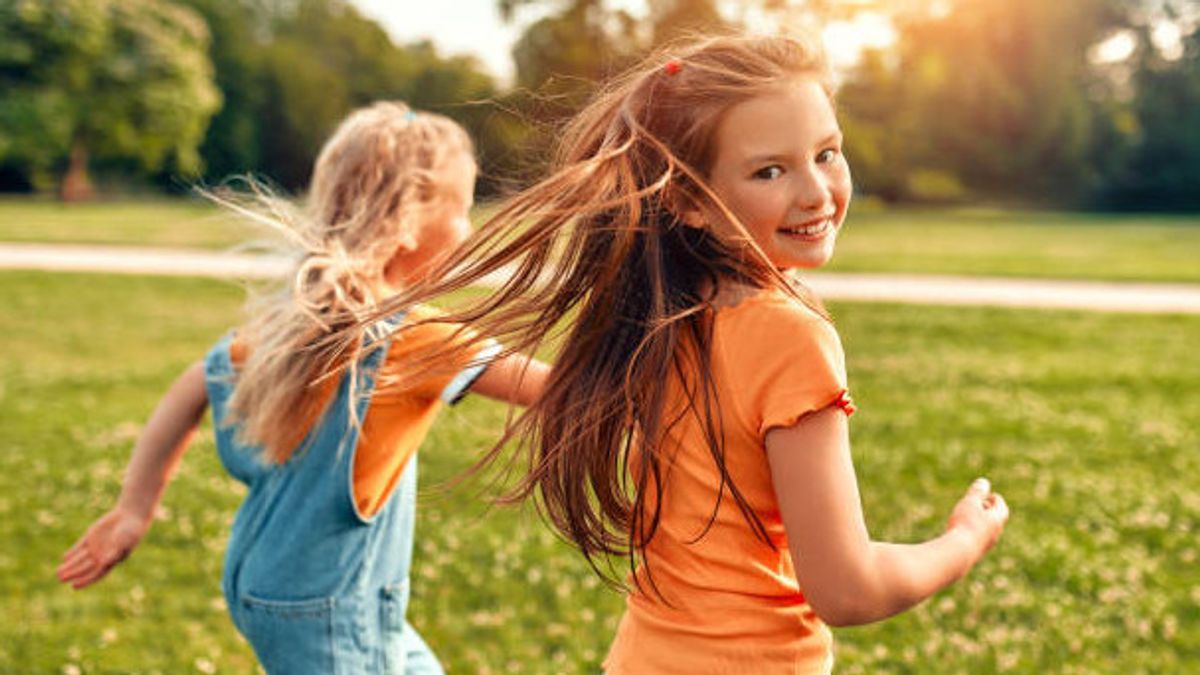JAKARTA - Self-regulation or self-regulation capabilities are the ability to understand and manage behavior and reactions. For feelings and things that occur in the surrounding environment.
Adapted from Raising Children, Monday, October 7, this self-regulation includes the ability to regulate reactions to strong emotions such as frustration, joy, anger, and shame, calming down after something exciting or disappointing. Focus on a task, refocus on new tasks, control heart encouragement and behave in a way that helps you get along with other people.
Along with child growth, having a good self-regulation attitude is very important. Because, this can help children to;
Children develop self-regulation through warm and responsive relationships. Children also develop it by paying attention to the behavior of adults around them. Self-regulation begins when children are babies. Self-regulation is most developed at the age of toddlers and preschoolers, but also continues to grow to adulthood.
For example, a baby may smoke a finger for convenience or take your eyes off the caregiver if he needs a break from attention or starts to get tired. However, babies can't really manage themselves, so it's important to entertain him or help him calm down if he's feeling restless.
Toddlers can wait in a short time to get food and toys. However, toddlers may still snatch toys from other children if it's something he really wants. And the tantrum occurs when toddlers are filled with strong emotions.
preschoolers begin to know how to play with other children and understand what they expect from them. For example, preschoolers may try to speak in a soft voice if you are watching a movie.
School-age children are getting better at controlling their own desires and needs, imagining other people's perspectives, and looking at both sides of a situation. This means, for example, he may be able to disagree with other children without having to argue.
Pre-teens and teens are better at making plans, doing difficult tasks, behaving in a socially appropriate way, and considering how his behavior affects others. For example, teenage children may think about the point of view when negotiating with you about curfews.
SEE ALSO:
The following are practical ways that can be done in helping children learn and practicing self-regulation:
From time to time, various things can affect children's ability to regulate themselves. For example, fatigue, disease, changes to children's routines, and important or traumatic events can affect children's ability to regulate reactions and behavior.
In addition, some children have good self-regulation in child care, school, or exercise but find it difficult at home. Other children have difficulty in crowded and noisy places such as shopping centers. And as children get older, self-regulation may be a challenge if he has many assessment tasks or difficulties in relationships.
Although this self-regulation problem is common, you should speak professionally if you are worried about your child's behavior or you are having problems with your child's behavior as you get older.
Consider seeking professional help if your child:
The English, Chinese, Japanese, Arabic, and French versions are automatically generated by the AI. So there may still be inaccuracies in translating, please always see Indonesian as our main language. (system supported by DigitalSiber.id)

















